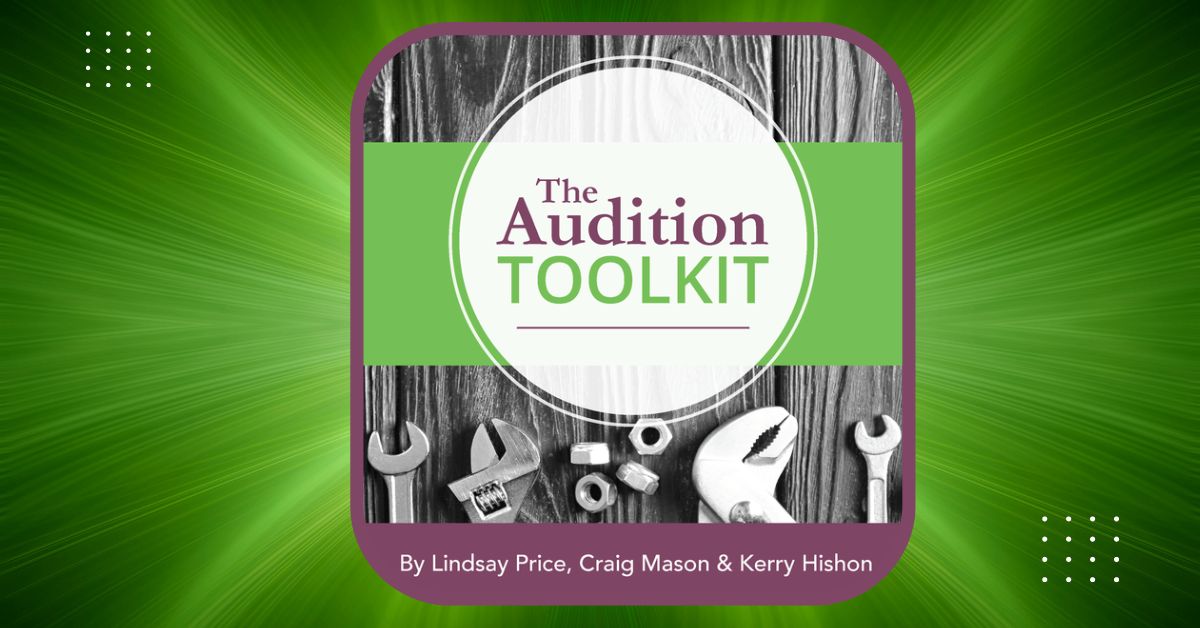Developing a Drama Teacher Community
Whether you’re a new drama teacher or you’ve been at it for years, please don’t try to go it alone. We’ve said many times before on the Theatrefolk blog that theatre is a collaborative effort. Even in a one-person show, you need others to help. It’s important to reach out and develop a community of people who can share resources, tips, and advice, support each other, and offer a place to vent and celebrate. Creating these connections requires a willingness to put yourself out there, but it’s so worth it. A great drama teacher community is a circle of support, and can even blossom into great friendships.
Here are some people you can potentially add to your circle of support!
1. Teachers at your school (but not just drama teachers)
If your school has other drama teachers, this is the obvious place to start. These people will be your closest collaborators and you’ll be sharing resources and learning spaces with them on a daily basis. Additionally, it’s good to get to know teachers in similar arts subjects, such as music, dance, visual arts, and language arts. These people can be great resources if you decide to produce a show with your students.
Of course, it’s always in your best interest to be on good terms with as many teachers as possible at your school. You never know who will have some nuggets of wisdom for you (everyone was a new teacher at some point) or who might have a surprising connection. Maybe the chemistry teacher at your school is a neighbour of the drama teacher at the elementary feeder school in your district. Which brings us to the next group of people to reach out to…
2. Other drama teachers in your city
This includes drama teachers at other high schools, elementary feeder schools, and even college or university instructors if your city has a performing arts post-secondary institution. Again, these people can potentially share lesson plans and resources such as costumes, props, and set pieces, and they’re a great source of advice and camaraderie. As well, it’s good to be able to share performance dates and potential show titles with each other. This way you can all avoid issues like three performances of Beauty and the Beast at three different schools on the same weekend.
3. Theatre companies in your community
This can include both professional theatre companies and community theatre and youth theatre groups. For example, London, Ontario is home to the Grand Theatre (a professional theatre). It also has a thriving community theatre scene, including companies such as the Palace Theatre Arts Commons, London Youth Theatre Education (LYTE), Musical Theatre Productions, Original Kids Theatre Company, and many others. Making connections with people who are involved in other companies can create opportunities for field trips, workshops, guest speakers, costume and prop rentals or exchanges, and maybe even discounted theatre tickets. You may be able to connect with theatre specialists such as fight choreographers or intimacy directors. Many professional theatres also offer educator clubs, talkbacks, and professional development opportunities. Joining in on these groups can help you make all sorts of connections!
4. Online communities
Online communities are fabulous resources, particularly if you are in a remote or rural area or there aren’t many other drama teachers in your area. But even if there are lots of “real life” people in your drama teacher community, having an online circle of support is so helpful. It’s great to hear how educators in other cities, provinces, and countries run their programs and how their drama programs are similar and different to yours. The Drama Teacher Academy is one of these great communities. Not only is it packed with lesson plans and professional development opportunities, but it has a thriving private Facebook group full of educators who are eager to chat.
5. Other performing arts communities such as choirs, dance studios, concert halls, and performance venues
Look beyond drama and consider community connections in related fields. Choirs can introduce you to potential music directors for your upcoming musical. Dance studios could lead to potential choreographers as well as costume rentals or loans for large ensembles. Concert halls and performance venues can be great resources for performance spaces (especially if your school doesn’t have its own performance space) as well as connections for sound and lighting equipment sources. What other connections are out there? Think about thrift shops, tailors, musicians and bands, makeup artists, videographers, historical experts, and specialists in different areas. For example, perhaps you could reach out to the local Jewish community if you are doing a production of Fiddler on the Roof or The Diary of Anne Frank. The opportunities are truly endless, and the connections you’ll create are invaluable.



